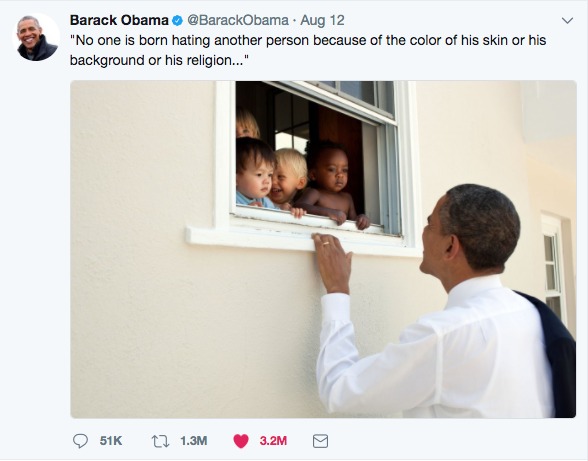It seems like walking on ashes. Although it is eerily silent, you can almost hear the pain in the air. You can feel the agony in the pit of your stomach as you consider the thousands of mothers who had to carry their babies to their deaths. I left Auschwitz a different person, and most definitely, a different educator. Since my return from Poland in January of 2015 I have pursued relentlessly to fulfill my pledge to the memory of the 1.5 million murdered on those grounds.
In July I had dinner with my sister while I was in Washington D.C. for a week at the US Holocaust Memorial Museum as part of the Museum Teacher Fellowship. During our dinner I shared details of the incredible fellowship experience. Lectures, discussions, museum explorations, videos – there was simply too much to share in one dinner conversation. Toward the end of our dinner my sister asked me very good questions – what would I do with all of this? Was there more to learn? The second was easy to answer because the amount I don’t know yet is still astounding, but the first question, I didn’t have the answer that felt full enough. Of course I knew that I wanted to teach, but that seemed too simple. It is hard to explain the deep sense of obligation I felt standing in front of the gates of Auschwitz, or the renewed obligation I feel every time I hear the voice of a survivor or read the words of a victim. So I left my answer to my sister’s question simple, knowing that I needed to figure out a way to explain it so that others might feel compelled to take on the same mission.
Sadly on Saturday citizens of this country provided my answer: without education, without confronting the lessons of the past and the warnings of its survivors and victims, we are doomed to repeat the pain and anguish. Outrage poured from almost every group in society. People could not believe their eyes as they watched video and saw images of citizens of this country chanting Nazi slogans and saluting the Nazi and Confederate flags. How could this happen in 2017? President Obama’s response in the form of a tweet spoke volumes. (This tweet has already become the most liked tweet in Twitter history.)

These racist, tiki-torch carrying, Nazi-saluting individuals were not born haters, they were taught this behavior. They needed to learn the lessons of history and to understand the evil consequences of the hate they spew. They need to listen to Steven Fenves share his frightening and tragic experience during the Holocaust. They need to listen to Jim Waller explain that evil and genocide is perpetrated by neighbors, not by government mechanisms. They need to hear Carl Wilkens share his experience of terror and selflessness during the Rwandan genocide. They need to hear survivors like Alma Zero share her heart-wrenching experience as a 4-year-old little girl fleeing her home in Bosnia and facing hatred as a refugee during the Bosnian genocide. They need to watch Salam Neighbor, and see that the refugees they scorn today are 10-year-old boys like Raouf. They need to watch and/or read Denial, listen to Deborah Lipstadt, and realize the danger of denying the truth of the Holocaust and the evil of Hitler and the Nazis. They need to spend time, the more the better, at the United States Holocaust Memorial Museum. They need to listen to the words Roman Kent spoke at the commemoration ceremony for the 70th anniversary of the liberation of Auschwitz. They need to feel the ashes under their feet and walk the blocks of Auschwitz. I have done all of these things and I will never forget, nor will I rest until I ensure that others do no forget either.
This is why I learn. This is why I teach.
Note: This is cross-posted on Past is Present – Reflections


